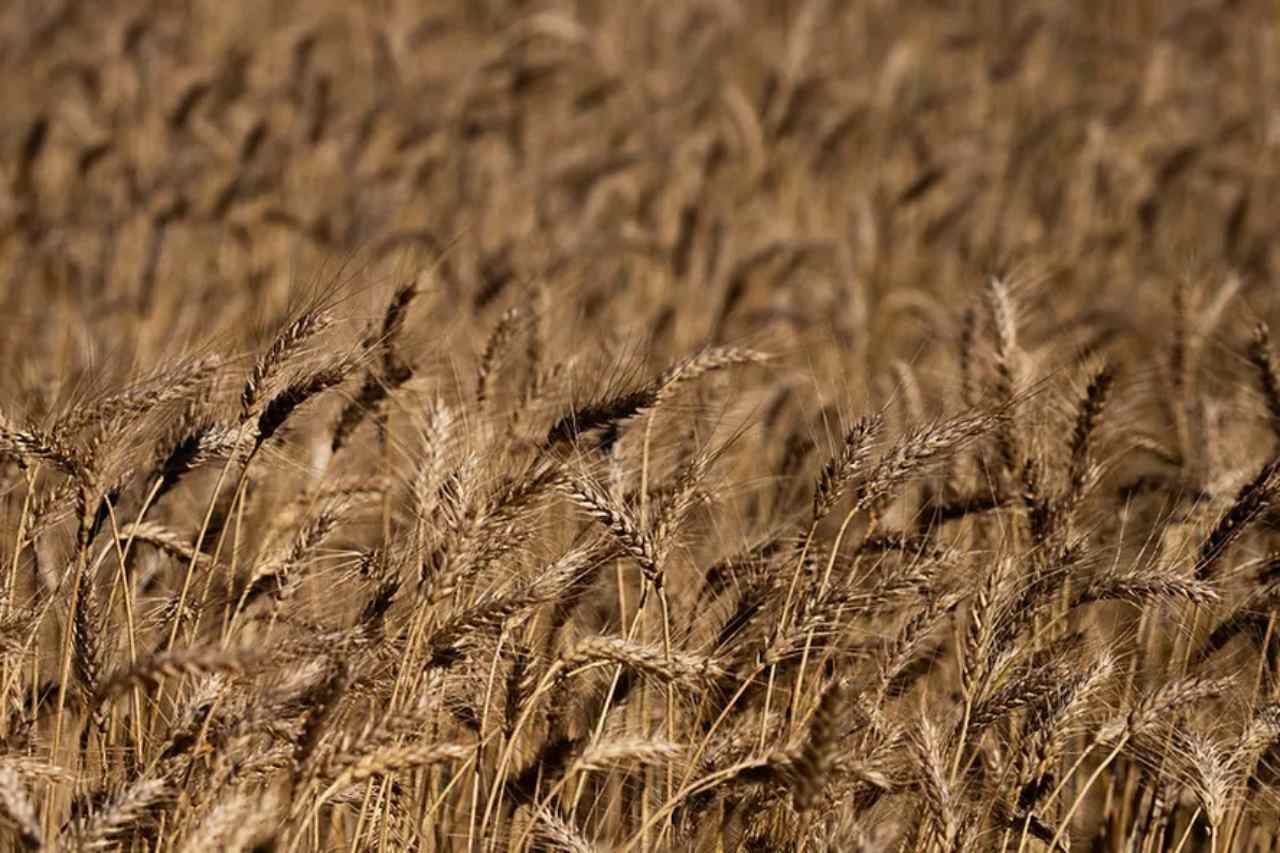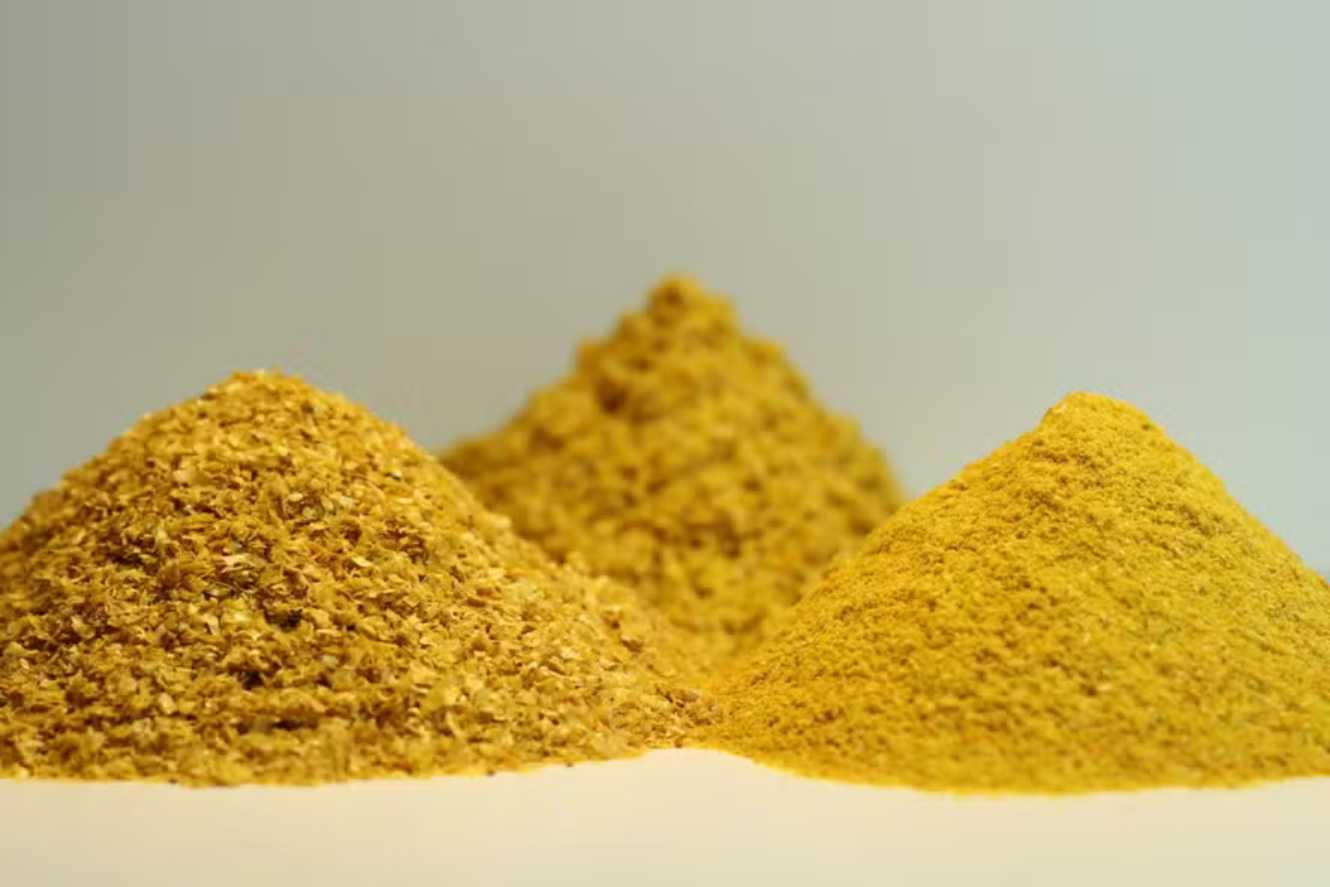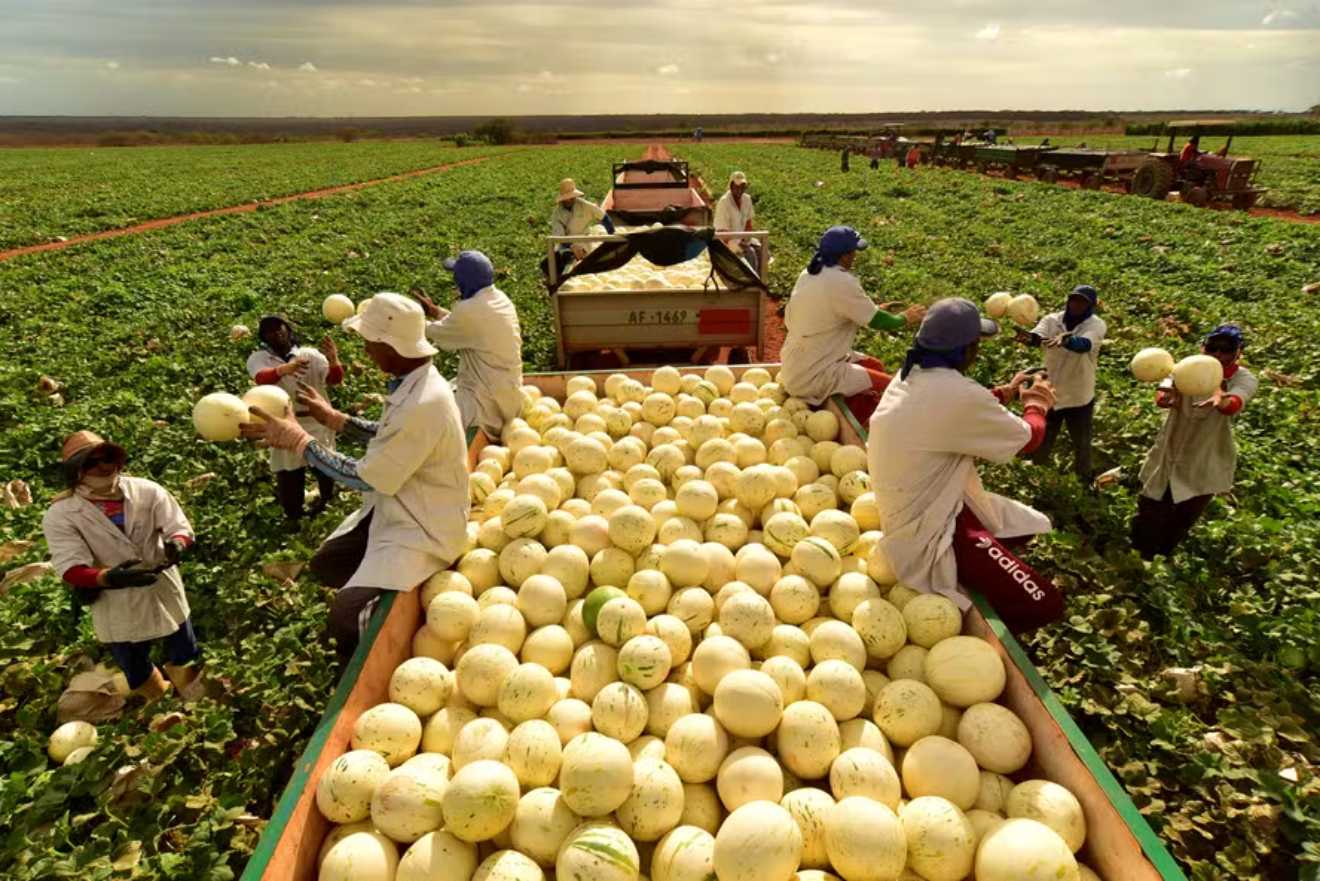The Brazilian government, through the National Supply Company (Conab), will purchase up to 200,000 tons of wheat from farmers in Rio Grande do Sul to bolster public stockpiles via the Federal Government’s Purchase (AGF) program. This initiative is set to allocate up to R$ 261 million, drawing from extraordinary credit previously designated to address climate-related agricultural losses in the state.
With current market wheat prices around R$ 67 per 60-kg sack in Rio Grande do Sul, below the government-established minimum price of R$ 78.51, this intervention aims to stabilize prices and support producers in the region. Conab’s president, Edegar Pretto, confirmed that the agency will continue monitoring the situation in Rio Grande do Sul and other producing states for further action.
The Conab acquisition will focus on Type 1 wheat for human consumption, primarily for bread production. Starting next week, Rio Grande do Sul’s producers will be able to engage in sales to Conab, with an initial cap of 2,000 to 3,000 sacks per farmer. These transactions will take place at Conab-certified storage facilities, where wheat will undergo quality assessments. The purchase price will be set at the minimum of R$ 78.51 per sack, with potential adjustments for lower-quality wheat.
Strategic Reserve and Market Impact
Silvio Porto, Conab’s Director of Agricultural Policy and Information, explained that the stockpiling strategy aims to retain wheat domestically and reduce dependency on imports during the 2025 off-season. Though the volume acquired is modest, the initiative marks a return to public stockpiling as a vital component of Brazil’s internal food security policy. Porto also anticipates a price response in the market following the AGF announcement, which could curb the necessity for extensive stock purchases.
The government intends to release the stockpiled wheat in a manner that minimizes market inflation risks. “We will track market reactions and release the stock as soon as we identify a potential impact on inflation,” noted Porto, emphasizing the policy’s role in maintaining a stable domestic supply.
Production Outlook
The recent adverse weather has compromised wheat quality in Rio Grande do Sul, which contributes 51% of Brazil’s wheat production. Nonetheless, no substantial reduction in overall yield has been reported. The state is projected to harvest 4.1 million tons of wheat this season, out of an expected 8.2 million tons nationwide. According to Porto, approximately 40% of the wheat from Rio Grande do Sul will be classified as animal feed, with the remaining 60% suitable for breadmaking.
In contrast, Paraná, Brazil’s second-largest wheat producer, is faring better this season, as earlier harvest timing and fewer rain-related issues have kept local market prices above the government’s minimum price.
Minister of Agrarian Development Paulo Teixeira highlighted that this measure not only supports producers directly affected by climate disruptions but also strengthens the broader economy in Rio Grande do Sul by providing stability to sectors indirectly impacted by the recent climatic crisis.
The last AGF wheat purchase by Conab was in 2014. In 2022, the company facilitated wheat market flow through the Pepro and Pep programs, which successfully moved 479,000 tons of wheat at a cost of R$ 255.7 million.





